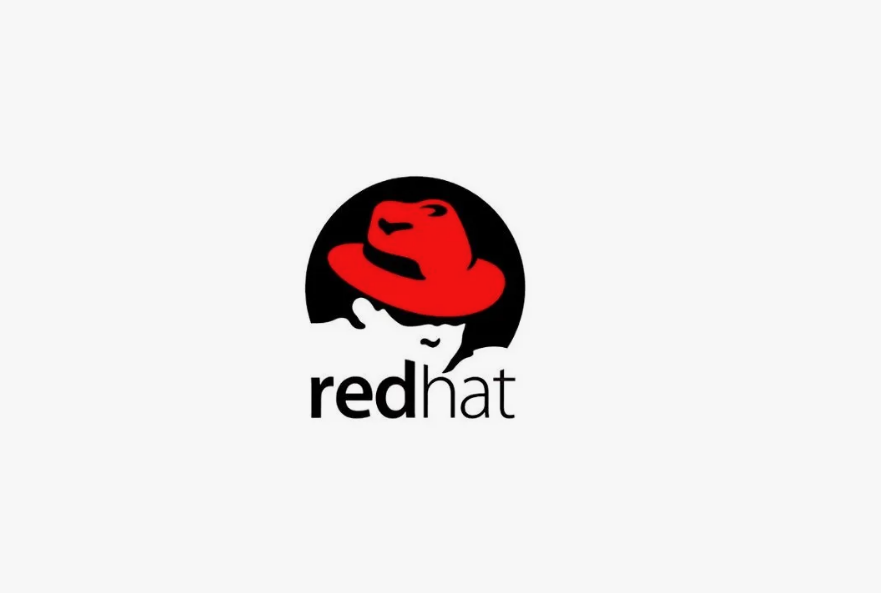Is Red Hat Server The Right Choice For Your Hybrid Cloud Strategy?

The kind of tools and infrastructure you choose plays a massive role in your system’s success. However, with this wide array of options, it’s challenging to differentiate one solution from another and determine which best aligns with your goals. Red Hat Server is one of the many best options, such as RHEL, SUSE, and Windows servers, for businesses working toward getting the most from both the on-premises and cloud environments. Is it the right one for your hybrid cloud strategy, though?
Red Hat Server: A Solid Platform for Hybrid Cloud
Red Hat Server is a stable, flexible platform for managing and deploying workloads across various environments. Whether you want to optimize performance, scale up or down, or provide security, this server gives you the framework. There will be compatibility with many systems whenever you use hybrid cloud models, and Red Hat is the first. Suppose you use Red Hat Server in your hybrid cloud strategy. In that case, it ensures an integrated consistency of management tools, how seamlessly they are integrated, and, most importantly, security levels that make it trustworthy for many industries.
Red Hat promotes open-source solutions. This implies that you are not locked into proprietary systems, meaning you can scale your hybrid cloud setup to suit your evolving needs. Its flexibility towards public and private clouds makes it one of the leading options for a hybrid model.
Interoperability Across Environments
The biggest challenge affecting hybrid cloud models is the interoperability between on-premises and cloud-based environments. Poor communication between system components slows the workflow, expands errors, and increases costs. The Red Hat Server averts such risks by bringing into the user’s life a seamless experience between two environments that facilitate easy movement of workloads between on-site infrastructure and the cloud without worrying about compatibility issues. This simplifies the management and makes your data and applications run smoothly wherever they reside.
Many businesses are embracing this server as a critical enabler in hybrid cloud strategy. It reduces complexity while offering more control over your infrastructure. Most workloads are managed across different systems, usually resulting in siloed operations. Still, Red Hat ensures everything stays connected, reducing gaps between your cloud and on-premises systems.
Intelligent Security for Hybrid Cloud Environments
For any business, security comes at the top, but this gets even more complicated when you deal with a hybrid model in the cloud. You’re dealing with data in multiple environments, and that exponentially enhances the probability of successful cyber breaches. Red Hat Server aids in this regard by offering powerful security features, such as automated updates and patches that keep your system safe without being intervened in. It further facilitates central security management, making it easier to monitor and safeguard all your environments from a single place.
High-security industries like finance and healthcare trust Red Hat. The platform supports encryption, access controls, and compliance, making it reliable enough for organizations with high-level security needs. To the person in charge of managing a hybrid cloud environment, this level of security is not just an advantage but more of a necessity.
Scalability and Flexibility
Every business has different needs for cloud infrastructure. While some applications require up-front resources, others require scaling up as more growth occurs. With this server, you can adapt based on your current and future requirements. Whether a small setup or managing a large and complex infrastructure, Red Hat Server adapts to your needs.
It is even more precious because Red Hat works with many cloud providers, offering alternative scale-up options. You can scale up or down based on your workload without missing out on a unified platform. This is perfect for a business with fluctuating demands, and you would not be locked into a very rigid system either. You can make some changes in your infrastructure without having to take your operations offline.
Easy Management with Red Hat
Hybrid cloud strategies present companies with one of the biggest challenges: the complexity of managing multiple environments. Managing cloud resources, on-premises infrastructure, and application loads get very complex. Red Hat Server simplifies it all with a unified management console. This means you can get an overview of all your environments, which will help you maintain smooth running operations.
This centralized control makes time and avoids potential errors from IT teams. With intuitive management tools from Red Hat, it can be automated so that its usage can help the team optimize their processes without constant input from humans. This saves time and, by extension, operational costs.
Conclusion
If you operate a business in a hybrid cloud environment, Red Hat Server gives reliability, security, and scalability. They are open-source and grant it the freedom to apply flexibility with robust security features, so you can rest assured that your data will be safe and sound in all these environments. The advantage of maintaining consistency between both the public and private clouds is quite a big deal for businesses optimizing their operations.
Choosing the correct server for your hybrid cloud strategy is not necessarily easy, but with Red Hat Server, you can obtain all the necessary features and tools to help your business take off. From streamlined management profiles to robust security and scale, this server allows companies to stay connected, efficient, and protected throughout their environments.
Read More: Cloud Services for Startups: Why You Should Get on Board





